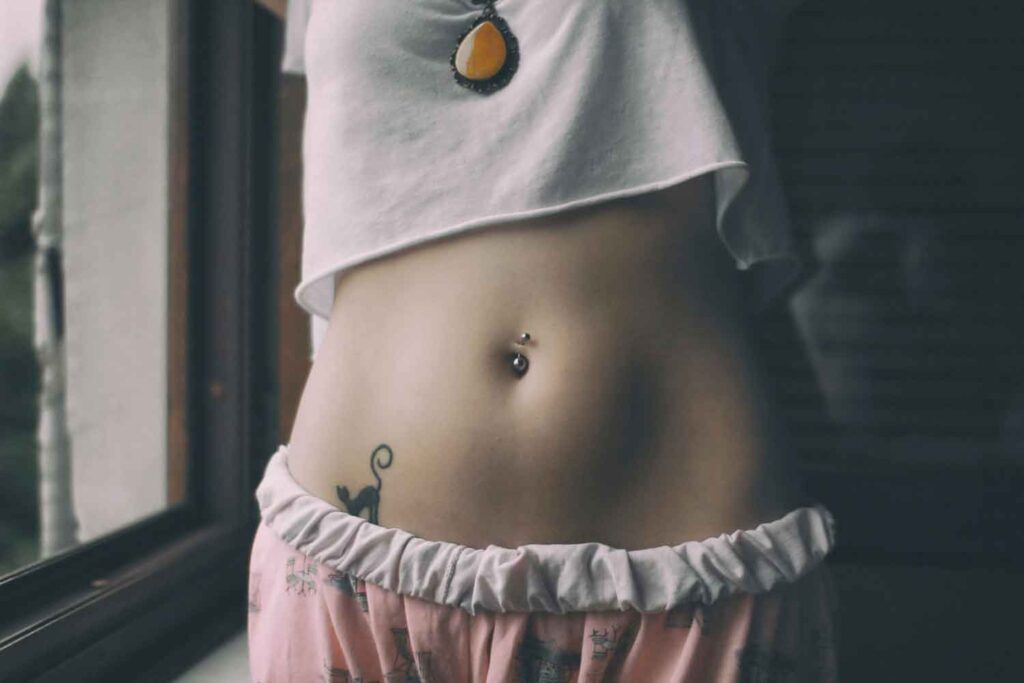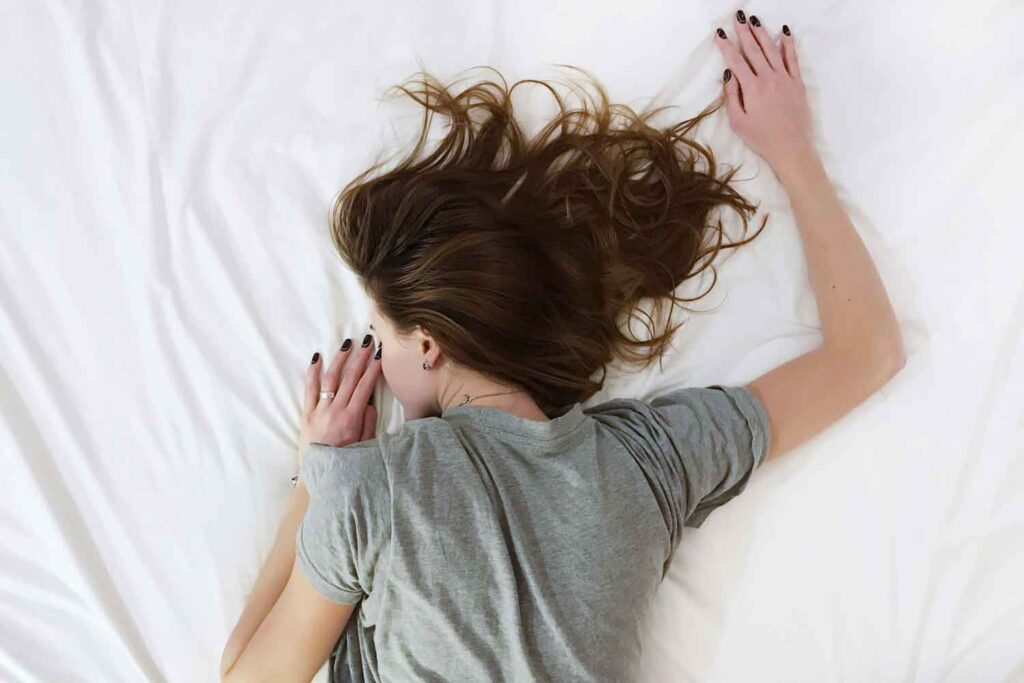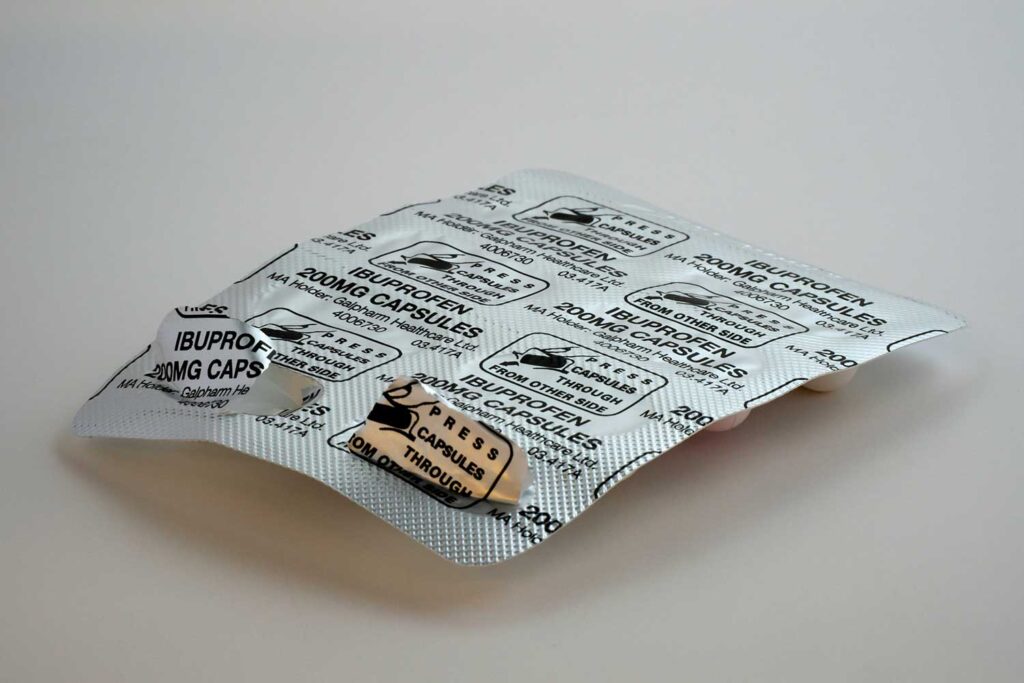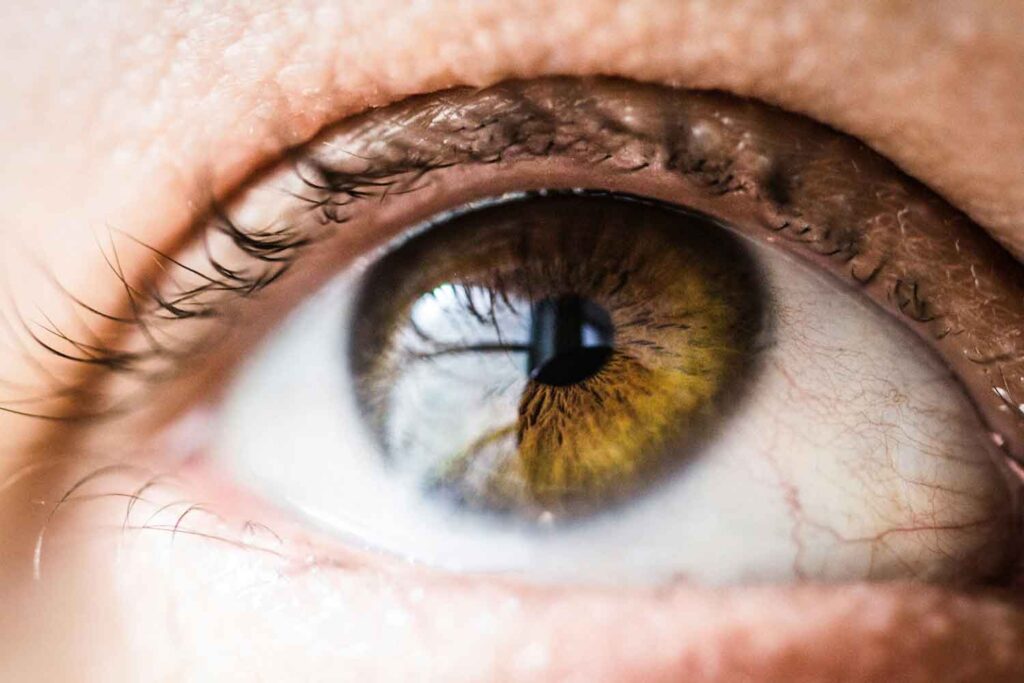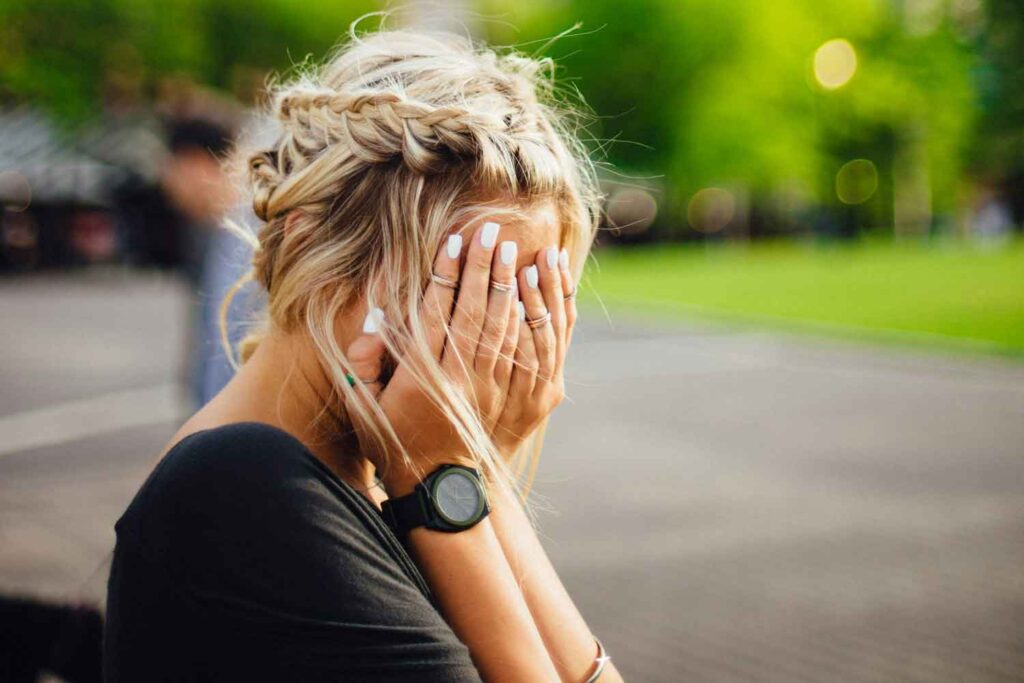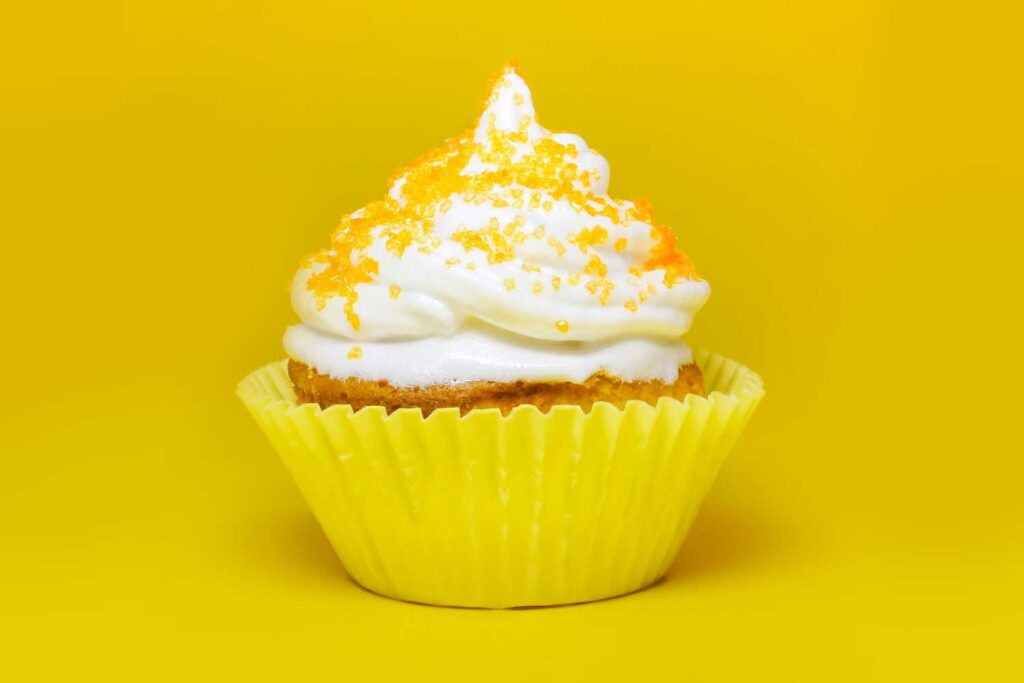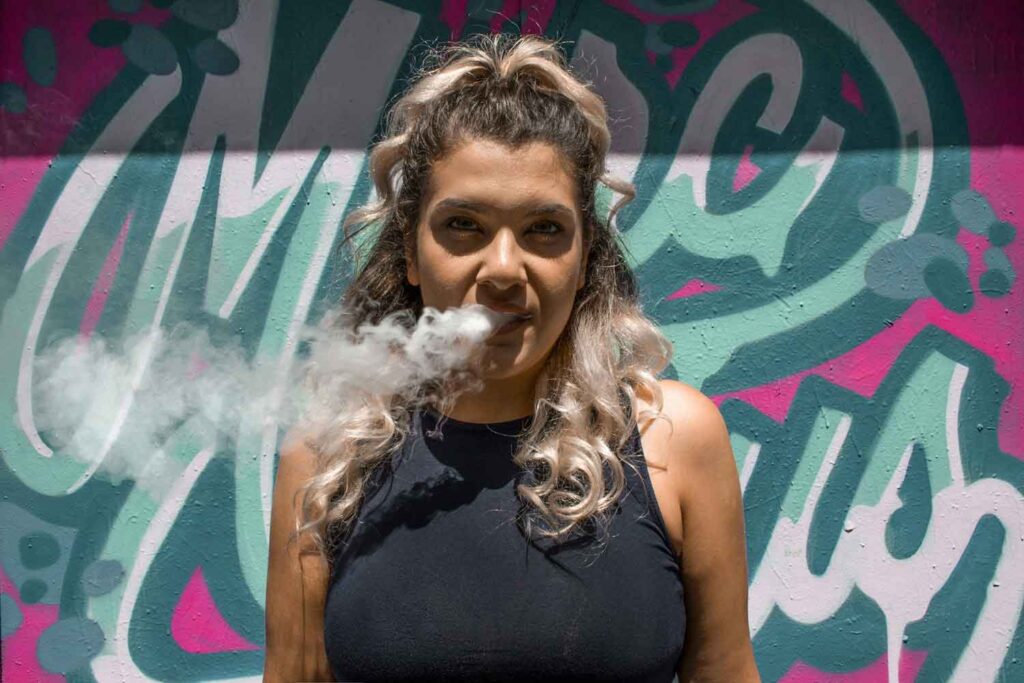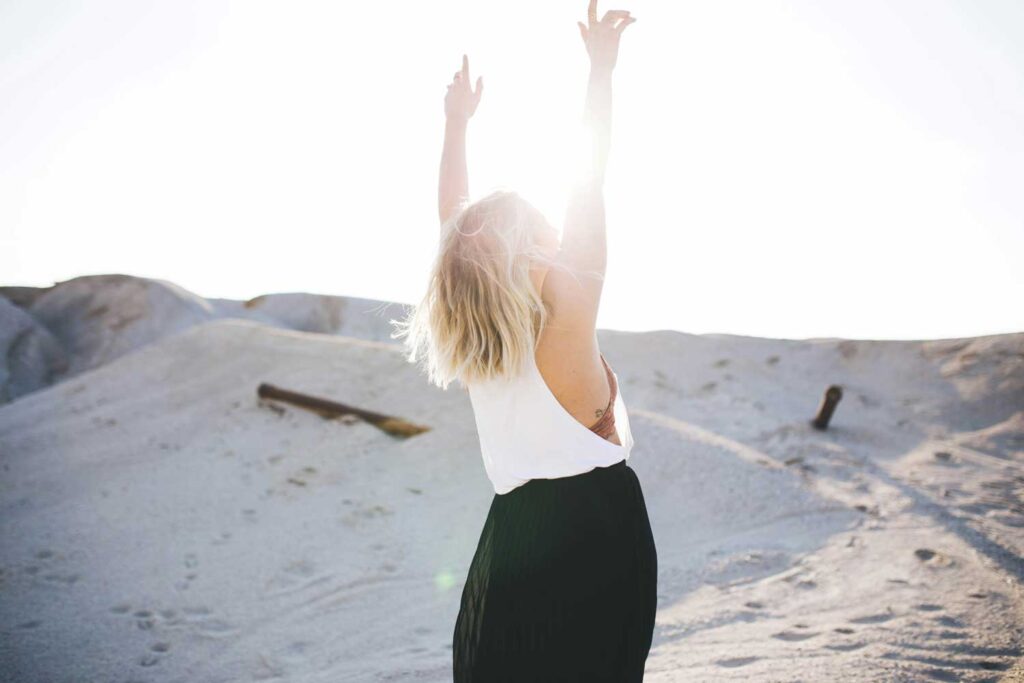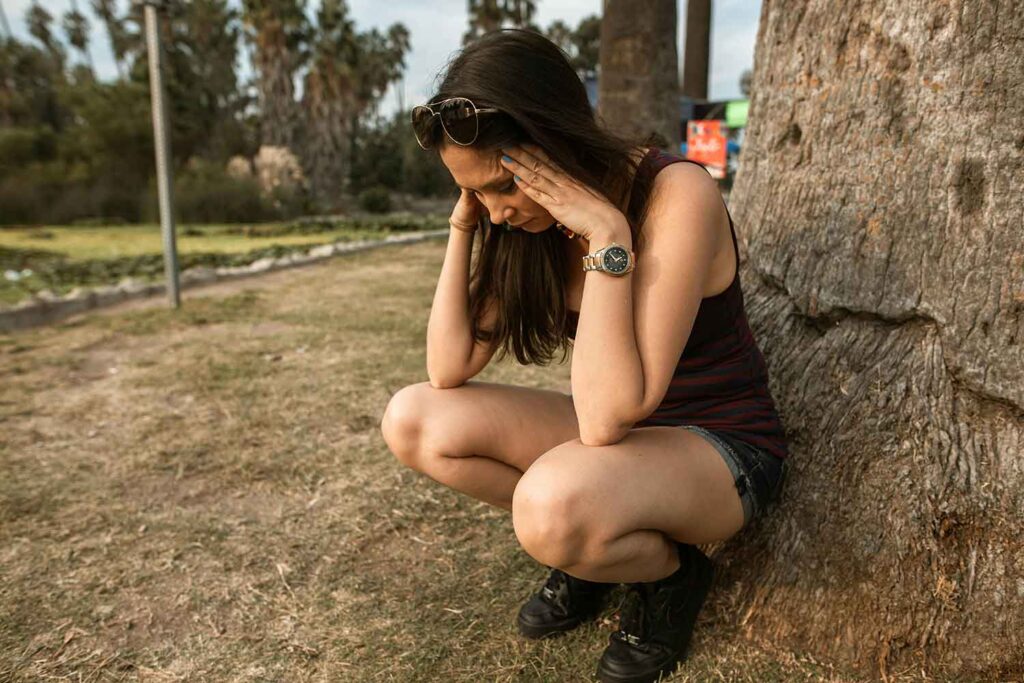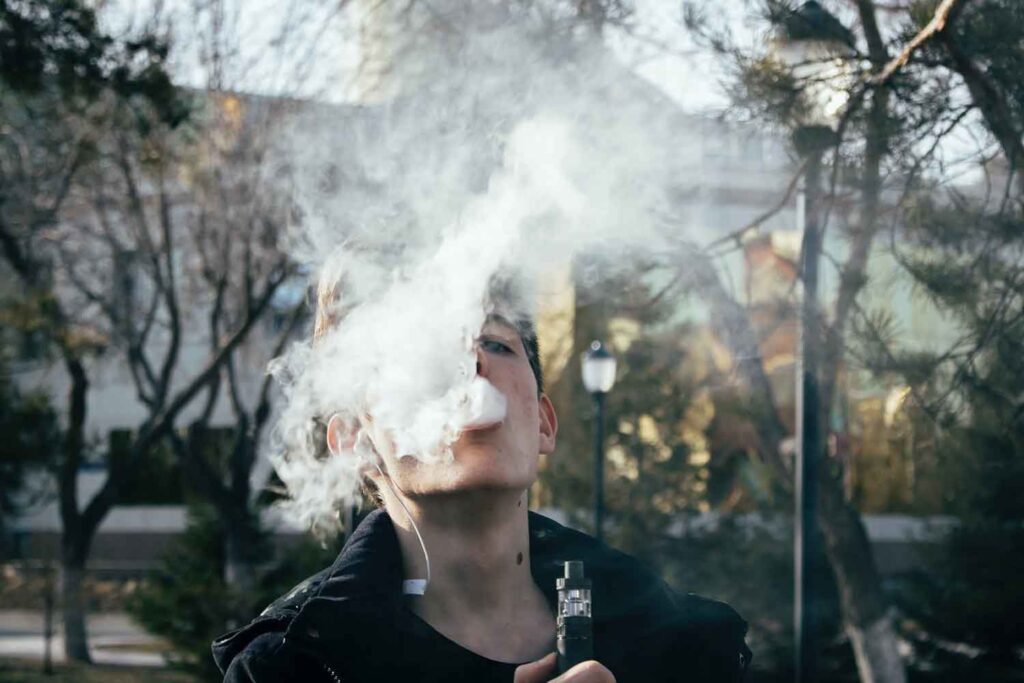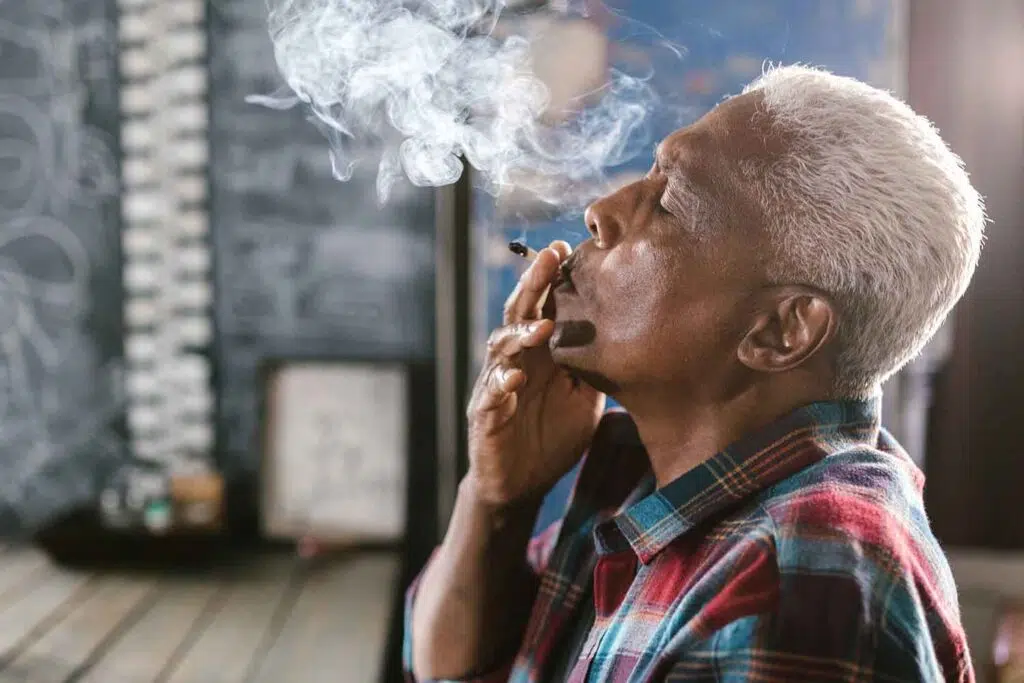To put it simply, we need sleep. However, around 15% of Americans have insomnia that affects their daytime activities. Usually when people can’t sleep and it starts affecting their day-to-day, they opt for sleep aids. Many people opt to use weed as a sleep aid because it works for them. In contrast to other aids, for many weed feels like a natural sleep aid. However, if you’re curious about what happens when you sleep high, you’re not alone. Here’s what we know.
Photo: Unsplash
Why Does Weed Make You Sleepy?
We’ve covered in detail why weed may make you sleepy. To summarize, weed may make you sleepy due to its interaction with your endocannabinoid system.
A 2020 study says, “It is becoming increasingly evident that endocannabinoids play a prominent role in sleep and sleep neurophysiology, and cannabinoid drugs alter these processes.”
Weed may also contribute to a good night’s sleep because it can alleviate symptoms that disrupt sleep such as pain.
Let’s talk about what happens when you sleep high.
What Happens When You Sleep High?
If you love taking a nap after you get high, you’re probably wondering what happens when you sleep high.
When you take a bong hit and head to bed, according to the Sleep Foundation, the cannabinoids interact with the cannabinoid receptors in your brain.
So, what does that mean for you?
That can mean a longer and more restful sleep.
The Sleep Foundation says, “Short-term cannabis use appears to increase the time you spend in deep sleep, the stage that helps you wake up feeling refreshed.”
In addition to that, you may notice you’re not dreaming as much as you used to or at all. Experts aren’t sure why stoners report a lack of dreams when they go to sleep high. Some of them believe it has something to do with REM sleep. We’ll get into REM sleep later.
On the other hand, some stoners aren’t lucky enough to get a restful, dreamless sleep.
Some stoners report that they can’t sleep well when they smoke weed. That could be due to their biology since we know weed affects everyone differently.
At the same time, using weed chronically and heavily can actually harm your sleep over time.
According to the Sleep Foundation, sleeping high, in the long term can result in less sleep overall and less time spent in deep sleep. In addition, you may find that you’re waking up more frequently at night and take longer to fall asleep. This is especially noticeable after taking a tolerance break.
Therefore if you’ve been using cannabis for sleep for a long time, that may be the reason you’re experiencing sleep disturbances.
On the other hand, if weed never helped you sleep, the strains you smoked could be the problem.
Let’s chat about Indica vs Sativa for sleep.
Indica vs Sativa For Sleep
If you’re looking to fall asleep Sativa is not the strain for you. If you notice weed is keeping you up at night, maybe you’re using Sativa strains and need to switch to Indicas instead.
Sativas are known for making stoners feel energized, focused, and creative.
Indica on the other hand, is known to give stoners a more relaxing high.
Somnus Therapy says, “Indica helps elicit feelings of relaxation and calm by increasing levels of dopamine in the brain”.
Indica is considered a downer due to its higher CBD content. Don’t be fooled by the high CBD content, Indica strains have THC and you’ll still get high. Stoners describe the high from Indica as a body high in contrast to Sativas which gives you a head high.
Best Indica Strains For Sleep
If you’re looking for the best Indica strains for sleep, Healthline and Somnus Therapy recommend:
- Pink Kush
- Gelato
- Girl Scout Cookies
- Wedding Cake
- Grandaddy Purple
- Bubba Kush
- Harlequin
- Northern Lights
There is a debate on the validity of categorizing weed as Indica or Sativa strain. Experts say it’s best to look at the cannabinoid concentration and terpenes instead of generalizing by strain type.
For example, strains high in the terpene linalool like Grandaddy purple can help with insomnia.
THC vs CBD for sleep
Both THC and CBD affect your sleep.
Another 2022 study says that THC’s effect on sleep is dose-dependent.
The study states,” THC acts on the CB1 receptors in the central nervous system and can yield a biphasic effect on sleep such that THC, at lower doses, can reduce sleep onset latency and has been associated with greater ease of falling asleep, increased slow-wave sleep and increased total sleep time.”
However, at higher doses, THC can cause a decrease in REM sleep and density.
CBD on the other hand, may have reviving effects.
The 2020 study mentioned before says, “In one study, mixed effects of combined THC and CBD have were reported, with THC generally increasing sedation and CBD having opposing, wake-enhancing effect.” However, a 2019 study about CBD, anxiety, and sleep says, “Sleep scores improved within the first month in 48 patients (66.7%) but fluctuated over time.”
What is REM Sleep?
Before we get into whether or not weed affects REM sleep, let’s discuss what REM sleep is. So, as we already said, REM means rapid eye movement. Your eyes literally move rapidly in various directions during this sleep phase.
According to WebMD, this is in contrast to non-REM sleep, which happens first and doesn’t include rapid movements of your eyes. During REM sleep, you’re more likely to experience dreams.
WebMD says that REM sleep typically starts 90 minutes after falling asleep and lasts 10 minutes. The periods of REM sleep gradually get longer. The final phase lasts an hour.
Is REM Sleep Important?
You’re probably wondering if REM sleep is important anyway. The short answer is yes. According to the Sleep Foundation, we need at least 2 hours of REM sleep every night because this type of sleep is essential for:
- Vivid dreams
- Emotional processing
- Memory consolidation
- Brain development
- Wakefulness preparation
WebMD also says, “REM is important because it stimulates the areas of the brain that help with learning and is associated with increased production of proteins.”
As Healthline put it, “REM is important for healthy cognitive and immune functioning.”
So, what are some telltale signs you’re not getting enough REM sleep? Well, according to Dr. Ceri Bradshaw, who presented at the Swansea University Medical School, you won’t feel great the following day if you don’t have enough REM sleep. In addition to that, you’re likely to have problems with executive functioning. Executive functioning refers to your working memory, self-control, and other cognitive processes.
In some cases, not having REM sleep is welcomed. Healthline says that reducing time in REM reduces the amount of time you spend dreaming. For some people, like those suffering from Post Traumatic Stress Disorder (PTSD) that’s great. One of the symptoms of PTSD is having nightmares. Therefore, weed can technically reduce their nightmares, making sleep more enjoyable.
How Does Weed Affect REM Sleep?
Just because weed allows you to fall asleep doesn’t mean you had a good night’s rest. There is speculation that weed affects your rapid eye movement (REM) sleep which can affect your daily life.
According to a 2008 study, weed can reduce REM sleep. The study says, “Smoked marijuana and oral Delta-9-tetrahydrocannabinol (THC) reduce REM sleep.”
Sleep Foundation also confirmed that claim, “THC decreases the amount of time you spend in rapid eye movement (REM) sleep when you spend more time dreaming, processing emotions, and cementing new memories.”
Bradshaw spoke candidly about a study she conducted that looked at REM sleep and cannabis. Bradshaw concluded that there was a significant difference found between cannabis users and non-cannabis users regarding REM latency and REM percentage.
Cannabis users took a longer time to get into REM sleep. Stoners took around 120 minutes, while non-stoners took around 70-80 minutes. In addition to that, REM sleep accounted for 18.9% of total sleep, while nonusers boasted 25.9%.
Besides her study’s findings, Bradshaw also mentioned that reducing REM sleep and dreaming may contribute to weed hangovers. Bradshaw says that you may be tired the next day because of the lack of REM sleep caused by weed.
Interestingly, Bradshaw also mentioned that stoners tend to report better sleep after using weed. As a matter of fact, Healthline says that less time spent in REM sleep is more time spent in deep sleep, the more restful and restorative type of sleep. However, Bradshaw maintains that the claim of better sleep isn’t really seen in laboratory studies.
Another interesting takeaway from Bradshaw’s presentation is what happens to stoners after they stop taking cannabis. Stoners often report that they don’t dream or can’t remember their dreams vividly. However, after taking a weed break, stoners often report vivid and sometimes unpleasant dreams. Even though dreaming isn’t unique to REM sleep, stoners on a break may start dreaming because they have longer REM sleep.
Counterarguments for Weed and REM Sleep
As with all studies, there are limitations. Bradshaw says that since most research on cannabis and sleep is done in a controlled lab setting, the results may not reflect typical sleep conditions for stoners. In addition to that, the doses given are also not a great representation of typical cannabis use. For example, lab studies sometimes use pure THC. In reality, blunts are filled with weed that has both THC, CBD, and other compounds.
Dr. Timothy Roehrs, a Henry Ford Health System sleep expert, told Cut that the information available about REM sleep and cannabis is weak. In a study he conducted with Leslie Lundahl of Wayne State University School of Medicine, weed doesn’t appear to affect REM sleep.
Roehrs also explained his view on weed and dreams. He said that a possible reason why quitting weed leads to vivid dreams is that you’re waking up during your REM sleep if you don’t remember. On the other hand, if you sleep through your REM cycle, you’re less likely to remember your dreams.
Why You Can’t Sleep Without Weed
If you typically use weed every day, you may notice that when you take a break, you experience insomnia.
Insomnia is a common withdrawal symptom.
As a matter of fact, the 2020 study says, “Humans who regularly use cannabis show sleep disruption, particularly during withdrawal.”
The study also says, “Decreases in total sleep time, sleep efficiency, NREM, and REM sleep were observed during abstinence in heavy cannabis users.”
The study also says that weed may act centrally as a zeitgeber. A zeitgeber is a natural occurring phenomenon that acts as a cue in the regulation of the body’s circadian rhythms. Other examples of zeitgebers include sunlight and exercise.
Therefore if you take a break from your nightly blunts, your body doesn’t get the cue that it’s bedtime.
Chances are your insomnia will resolve by itself over time. In the meantime, you may want to look into using melatonin, trying exercise, and drinking chamomile tea.
Can You Sleep Off a High?
Yes, you can!
The most effective way of getting to the other side of a high is by letting time pass.
One great thing that happens when you sleep high is that time will pass and chances are you’ll wake up sober.
Depending on how long your nap is, the weed’s potency, and the method you used, you could definitely still wake up high.
For example, if you had an edible, you can expect to be high for a couple of hours.
Good Rx Health says, “If you have used a cannabis beverage or edible, the effects will peak within 2 to 3 hours, but you can expect to feel quite fuzzy for 6 to 10 hours.”
If you wake up high and you don’t want to be, Good Rx Health recommends drinking some water and distracting yourself. The high will pass eventually.
Takeaway
So, what happens when you sleep high? When you sleep high, you’ll probably be asleep for a longer period of time and wake up not remembering your dreams. However, over a long period of time, using weed may result in sleep disturbances. In addition, weed may decrease REM sleep which can have negative effects. If sleeping high starts to have negative effects you may want to opt for other sleep aids or speak to a medical professional to get to the root of your sleep issues.


